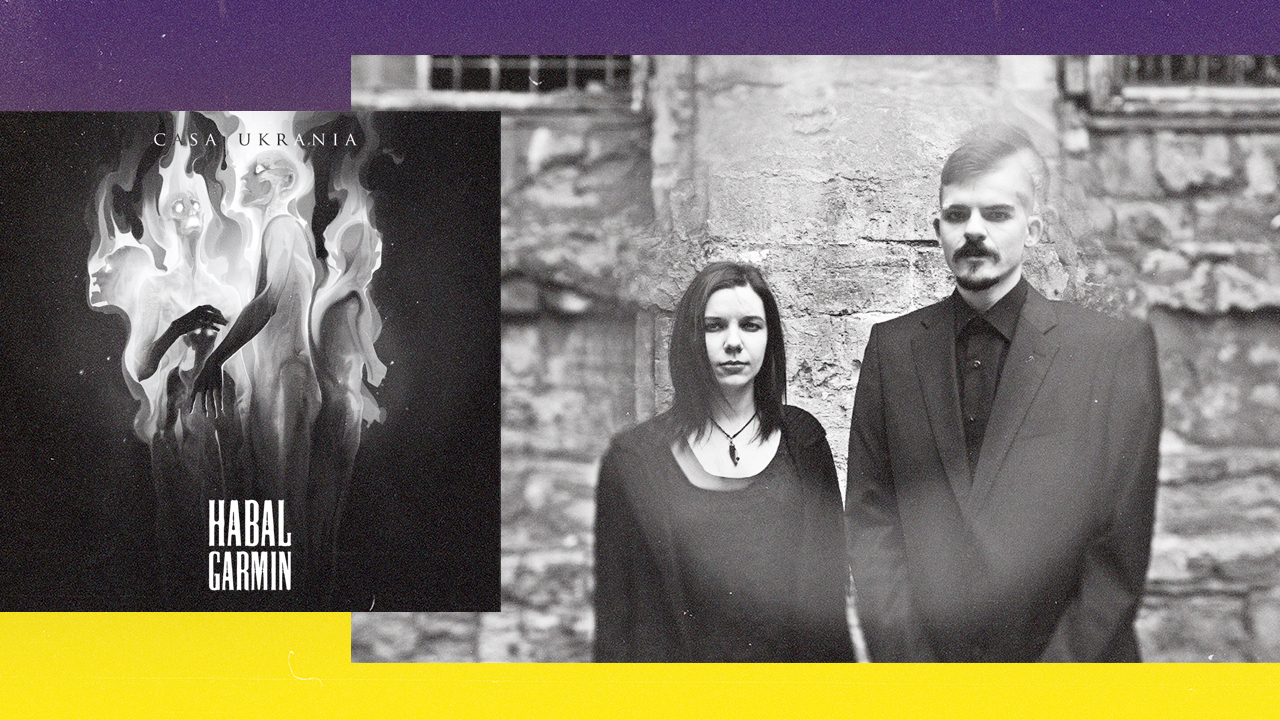Unnoticed by many, one of the best albums of the year was released in Ukraine on October 20. Habal Garmin of the Odesans’ Casa Ukrania focuses on a little-studied page of Ukrainian history: the mass murders of Jews in Odesa in the fall and winter of 1941–1942 under the leadership of the Nazis.
An unsettling instrumental record can be called “conceptual.” It guides the listener through the pre-war life of Odesa Jews, the outbreak of hostilities, and the city’s occupation, to the liquidation of local ghettos and the deportation of people to execution. The music here acts as a narrator, drawing pictures in the head corresponding to the events, effectively turning the album into an audio performance.








